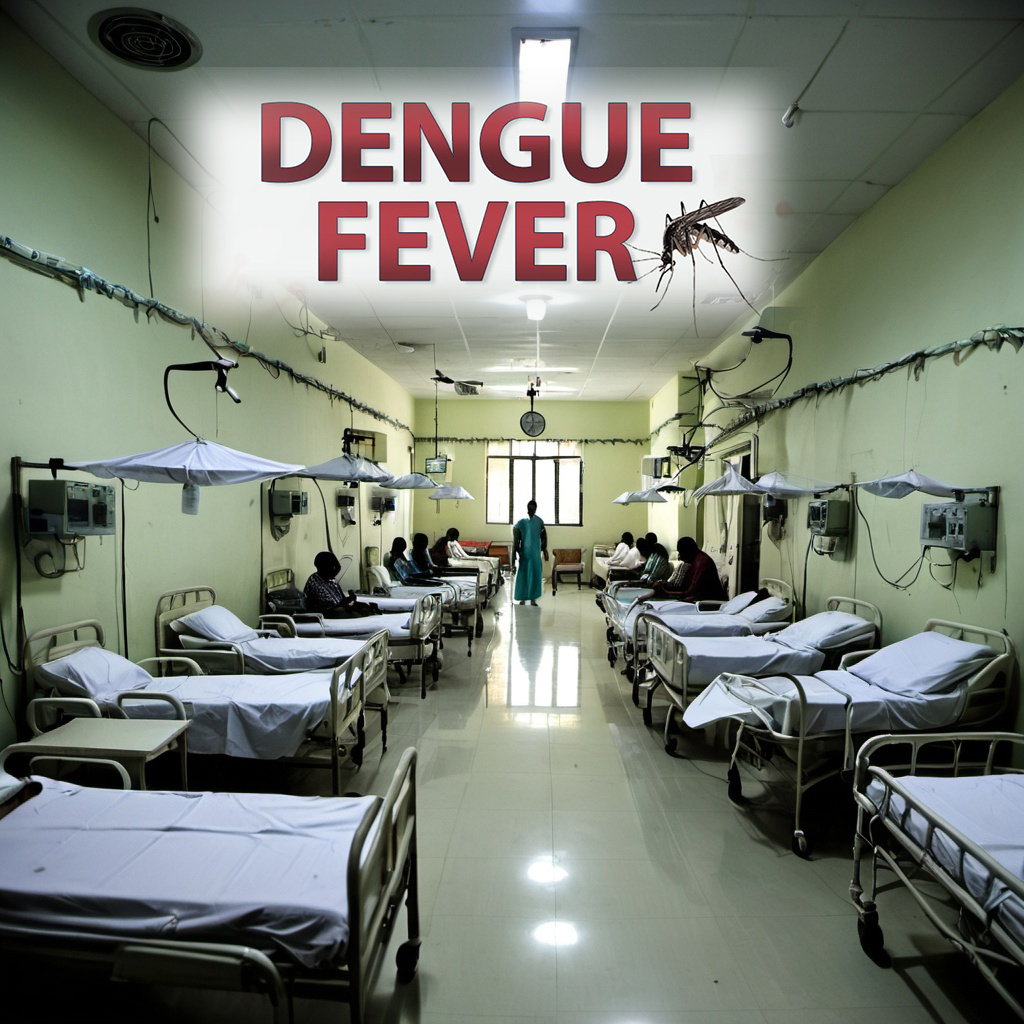Rawalpindi Declares Emergency as Dengue Cases Reach Critical Levels
The city of Rawalpindi is facing a public health crisis as the administration declares an emergency due to a sudden and alarming spike in dengue cases. Hospitals and clinics across the district are reporting a significant influx of patients suffering from the mosquito-borne viral disease, prompting local authorities to take urgent action.
Dengue Situation in Rawalpindi: A Rising Threat
The number of dengue cases in Rawalpindi has skyrocketed over the past few weeks, overwhelming the healthcare system. Experts attribute the surge to multiple factors, including unseasonal rains, poor sanitation in certain areas, and stagnant water that has become a breeding ground for mosquitoes.
Recent reports indicate that the number of confirmed cases has crossed thousands, with many patients in critical condition. The rising numbers have left hospitals struggling to accommodate the growing demand for beds, medication, and medical personnel.
Emergency Measures by the Local Administration
In response to the escalating situation, the district administration has taken decisive action. An emergency has been declared in Rawalpindi, with the following key measures being implemented:
- Specialized Dengue Wards: Public and private hospitals have been instructed to set up specialized dengue wards to manage and treat the influx of patients.
- Fumigation Drives: Mass fumigation campaigns have been launched across the district to target mosquito breeding sites, especially in high-risk areas.
- Public Awareness Campaigns: The local government is urging citizens to take preventive measures such as removing stagnant water from their surroundings, using mosquito repellents, and wearing protective clothing.
- Increased Medical Support: Doctors, nurses, and healthcare workers from nearby areas are being deployed to help manage the high number of dengue cases in the district’s hospitals.
Preventive Measures You Can Take
As the dengue virus continues to spread, residents are encouraged to take proactive steps to protect themselves and their families:
- Eliminate sources of standing water in and around your home, as these are prime breeding grounds for mosquitoes.
- Use mosquito repellents and nets, particularly during the evening and nighttime when mosquitoes are most active.
- Wear long-sleeved clothing to reduce exposure to mosquito bites.
- Seek immediate medical attention if you experience symptoms such as high fever, severe headache, joint pain, or skin rashes, which are common indicators of dengue fever.
Impact on Daily Life and Public Health
The dengue outbreak is not only a health emergency but also a significant strain on daily life in Rawalpindi. Schools and public places are under close monitoring to prevent further spread. Many citizens are expressing concern about the lack of preventive infrastructure and demanding long-term measures to avoid future outbreaks.
Public health officials are working round-the-clock to contain the spread of the disease, but the situation remains critical. With the monsoon season contributing to the breeding of mosquitoes, experts warn that the number of cases could rise further unless preventive measures are effectively enforced.
Conclusion: Staying Safe Amidst the Crisis
While the Rawalpindi administration’s declaration of an emergency is a necessary step to manage the current crisis, it is crucial for the public to stay informed and take preventive actions to protect themselves and their loved ones. As the situation evolves, staying vigilant and following health guidelines will be key to controlling this outbreak.
By working together, Rawalpindi can combat this health emergency and reduce the spread of dengue. Stay safe and take all the necessary precautions during this critical time.

